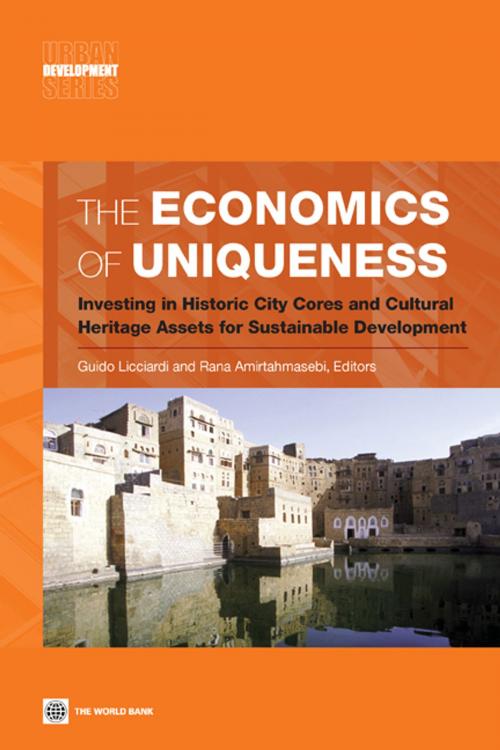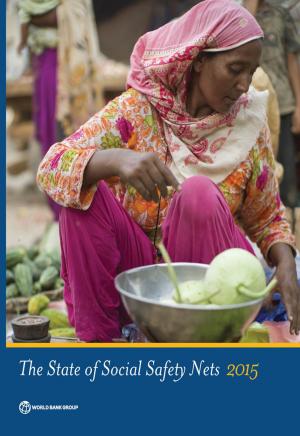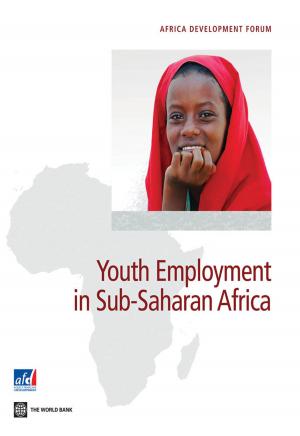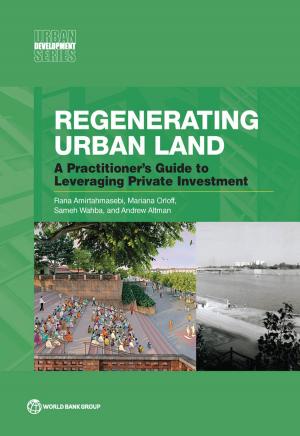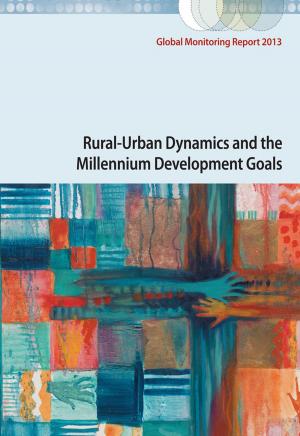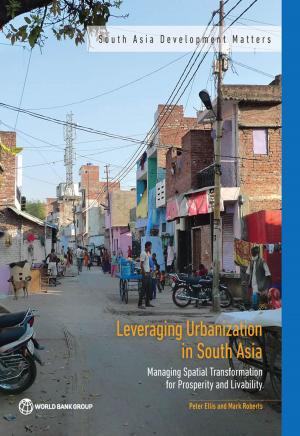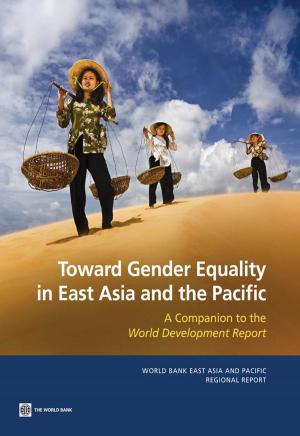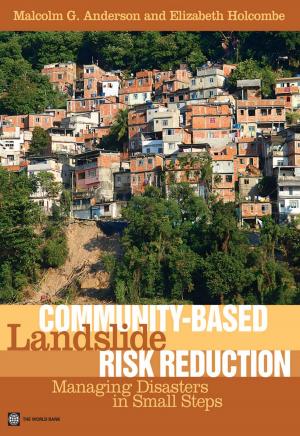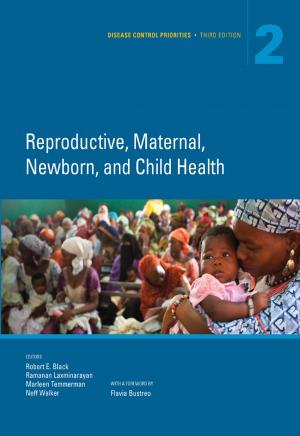The Economics of Uniqueness: Investing in Historic City Cores and Cultural Heritage Assets for Sustainable Development
Business & Finance, Economics, Urban & Regional, Economic Development| Author: | ISBN: | 9780821397060 | |
| Publisher: | World Bank Publications | Publication: | October 1, 2012 |
| Imprint: | Language: | English |
| Author: | |
| ISBN: | 9780821397060 |
| Publisher: | World Bank Publications |
| Publication: | October 1, 2012 |
| Imprint: | |
| Language: | English |
In a world where half of the population lives in cities and more than 90 percent of urban growth is occurring in the developing world, cities struggle to modernize without completely losing their unique character, which is embodied by their historic cores and cultural heritage assets. As countries develop, cultural heritage can provide a crucial element of continuity and stability: the past can become a foundation for the future. This book collects innovative research papers authored by leading scholars and practitioners in heritage economics, and presents the most current knowledge on how heritage assets can serve as drivers of local economic development. What this book tries to suggest is a workable approach to explicitly take into account the cultural dimensions of urban regeneration in agglomerations that have a history and possess a unique character, going beyond an approach based solely on major cultural heritage assets or landmarks. The knowledge disseminated through this book will help stakeholders involved in preparation, implementation, and supervision of development investments to better assess the values of cultural heritage assets and incorporate them in urban development policies.
In a world where half of the population lives in cities and more than 90 percent of urban growth is occurring in the developing world, cities struggle to modernize without completely losing their unique character, which is embodied by their historic cores and cultural heritage assets. As countries develop, cultural heritage can provide a crucial element of continuity and stability: the past can become a foundation for the future. This book collects innovative research papers authored by leading scholars and practitioners in heritage economics, and presents the most current knowledge on how heritage assets can serve as drivers of local economic development. What this book tries to suggest is a workable approach to explicitly take into account the cultural dimensions of urban regeneration in agglomerations that have a history and possess a unique character, going beyond an approach based solely on major cultural heritage assets or landmarks. The knowledge disseminated through this book will help stakeholders involved in preparation, implementation, and supervision of development investments to better assess the values of cultural heritage assets and incorporate them in urban development policies.
